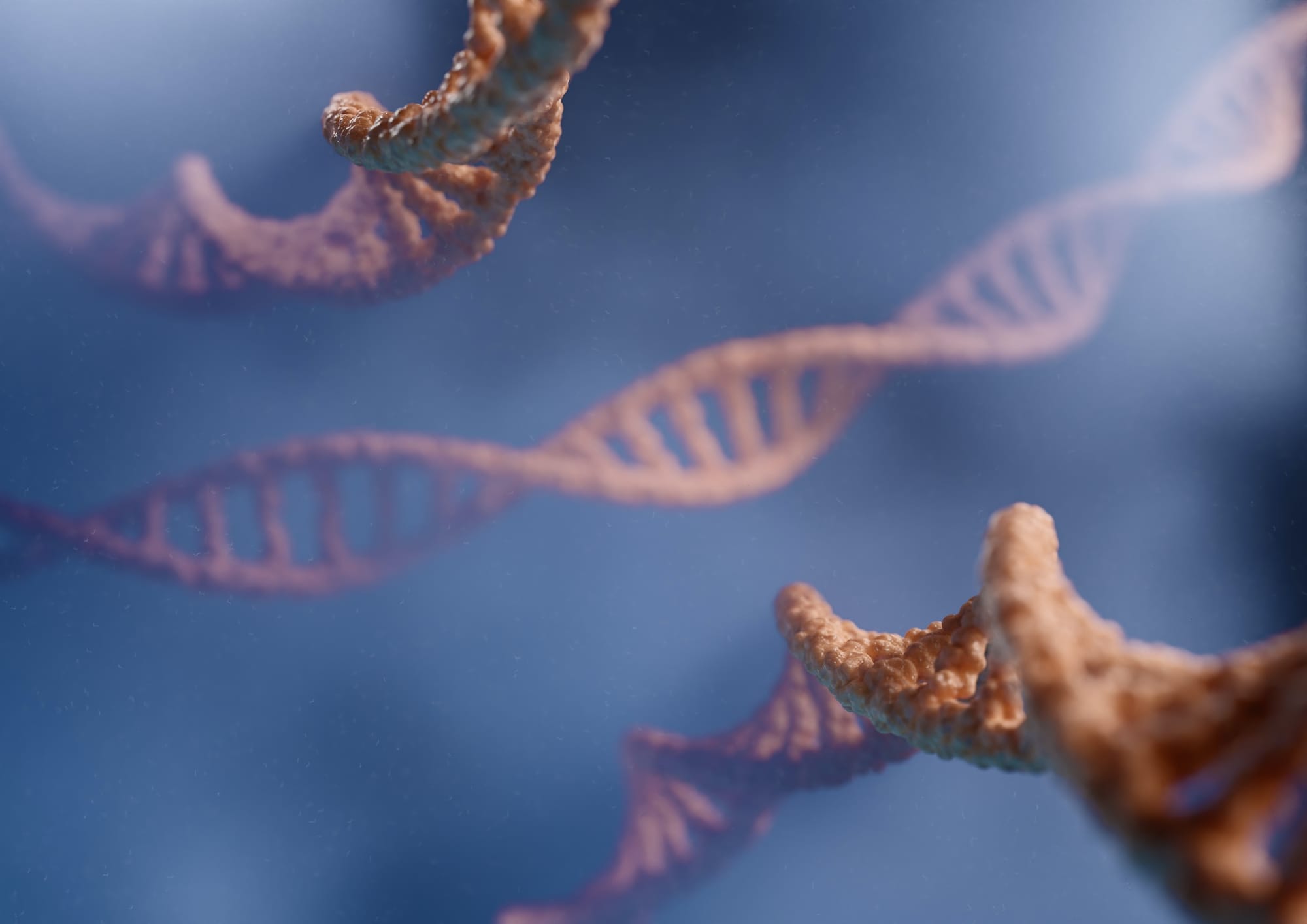Understanding and Healing Emotional Trauma

There are science based evidences that modified yoga, taught by specially trained individuals, It is a valuable tool for healing people who have experienced trauma. Osmosi offers evidence-based (TCTSY), trauma-informed yoga for people struggling with the effects of trauma.
Trauma Centred, Trauma-Sensitive Yoga (TCTSY)
TCTSY practise consists of yoga forms and breathing techniques with foundations in trauma theory, neuroscience, attachment theory, hatha yoga.
TCTSY was created by David Emerson, in collaboration with trauma expert, Dr Bessel van der Kolk. It is an empirically validated intervention for people of all ages affected by traumatic stress, complex trauma or chronic, treatment-resistant post-traumatic stress disorder (PTSD), or other related emotional, behavioural conditions.
This approach helps clients to connect with their bodies and with their feelings. It facilitates learning to tolerate intense feelings and to release emotion appropriately.
''Trauma Sensitive Yoga helps to develop embodiment, empowerment and body awareness"

What is Trauma?
Trauma is an experience. It is a negative experience that if not addressed can be stored in the physical and emotional body compromising the functionality of our body and interfering with our healing process.
The most common effects of trauma are included in the symptoms described in the diagnosis of PTSD. However, dissociation, depression, increased aggression against self and others, compulsive behavioural repetition of traumatic scenarios, as well as a decline in family relationships, may occur without meeting completely criteria for PTSD.
Exposure to trauma
Trauma can be one-time events or can be an ongoing experience.
One-time events, such as an accident, injury, or a violent attack, especially if it was unexpected or happened in childhood. Surgery, the death of someone close, the breakup of a significant relationship, or a humiliating or deeply disappointing experience.
Ongoing, relentless stress, such as battling a life-threatening illness or experiencing traumatic events that occur repeatedly, such as bullying, verbal or physical violence.
Biology of trauma
Accumulating evidence suggests that an adverse experience can induce significant and persistent changes in DNA structure.
DNA methylation, a molecular modification that alters gene expression without changing DNA sequence, can be modified by stressful and socioenvironmental factors.
These stress-induced epigenetic alterations can cause stable changes in the expression of genes involved in the stress regulation system, thereby contributing to psychological dysfunctions.
When changes stabilize, they can be transferred to the next generation observing change in offspring as a consequence of biological changes in the parent that occurred in response to a traumatic event.
Post-traumatic growth can be transformative.
Book an appointment to learn more ( half hour free consultation by phone or video call).
TCTSY is open to all people of all ages regardless of gender identity, race, ethnicity, body type and physical ability.
Click here to learn more: